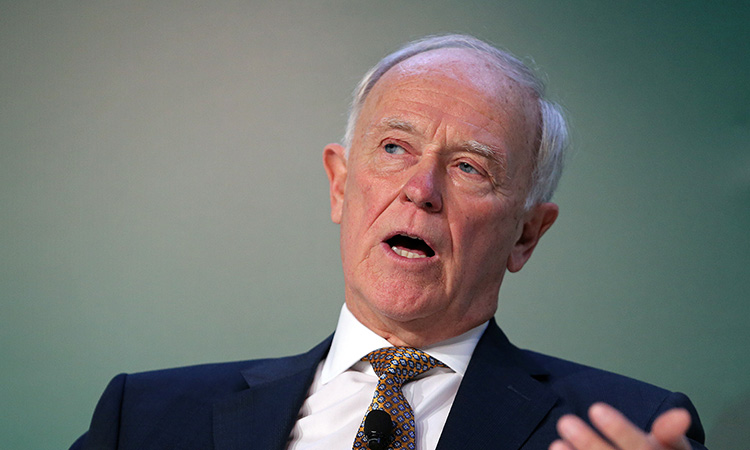How the human factor has revolutionised organisations

Thanj Kugananthan, founder of Visible HR
Manjula Ramakrishnan
Thanj Kugananthan is the founder of Visible HR, an online portal providing small HR consultancies visibility to large companies. Companies using these HR consultants also win through Visible HR as they have access to a pool of available consultants ready to support them with a more cost-effective and flexible HR solution.
Thanj brings to the table well over 15 years of global consulting experience across the Middle East, Australia, UK, Europe, Americas, Asia and Africa. Speaking to Panorama she details how HR has undergone a massive transformation over the years.
How has the HR’s role evolved over the years?
Twenty years ago, if a CEO was asked why he/she needed an HR Department, they would have said, “to hire my staff, to pay my staff and to fire my staff.” Human Resources, traditionally called Personnel, was seen as an administrative team with purely transactional responsibilities. The impact of HR on the company’s bottom line was viewed as non-existent or insignificant. The fact that from an employee perspective, HR were typically only involved when there was “bad news” for them meant that HR had a rather negative reputation.
What is the present scenario?
Fast forward 20 years and new trends begin to emerge. The top four trends for 2019 in the region are Talent Management, Technology, Engagement and Happiness & Wellbeing. These HR trends, which were typically not on any company’s radar 20 years ago, are now topping the list in 2019.
So how did this transition come about?
Companies started waking up to the idea that employees were the greatest source of their success and, couple that with effective technologies, as an organisation, you would be unstoppable. The idea that employees should be viewed as “Talent” that needed to be cultivated and nourished started to be understood. CEOs began to take note of the staggering statistics supporting the correlation between engagement – the positive emotional attachment employees feel to their employer – and their bottom line.
What were the results of such statistics?
The results were hugely enlightening: highly engaged teams are 21 per cent more productive than non-engaged teams (Gallup); engaged employees contribute 20 percent more revenue than less engaged employees (Bain & Co); organisations with 70 per cent engagement or more saw a 4 percent increase in sales growth compared to an averagely engaged company (Aon Hewitt).
Statistics like this were difficult to ignore. The role to attract, engage and retain the “Talent” fell into the laps of Human Resources Departments worldwide. The role of HR Business Partner – HR professionals partnering with the business to achieve common business goals – had truly started.
How important is talent management?
Talent Management emerged as the top trend for 2019 in the region, with over 200 HR professionals stating that this was their top focus area. The importance of Training, Developing and Coaching were viewed as significant for these companies, who also mentioned that there was a focus on having new recruitment practices to ensure the right and best talents were attracted at the start. Companies understand that employees have to feel challenged and developed within their roles, have regular conversations about their career opportunities and development goals, and that they have to be proactive about this.
How has technology influenced HR?
Technology has overtaken the HR market in the last ten years like no-one could have imagined. The viewed importance of automation across HR Departments (where possible) has resulted in a more lean, cost-effective HR structure for businesses.
There is also a focus on real data analytics – recruitment statistics, training statistics, engagement scores, absence statistics, performance ratings, exit interview feedback – just a few of these analytics, being key inputs into any company’s `People Strategy’. One of the more recent technology trends is AI and even HR professionals are leaping onto the AI bandwagon with many citing, “AI is likely to be integrated with our current HR technologies in 2019.”
What is the impact of regional initiatives such as ‘Happiness’ and ‘Year of Tolerance?’
As a result of such initiatives, companies are now regionally as well as commercially aligned to focus on Engagement and Happiness and Well-being in 2019. For instance, companies are working with their medical insurance providers to find more interactive ways to support their employees with medical issues; they are introducing healthy initiatives through group walks or sports programs; they are celebrating team success/cultural and religious festivities; they are organising teambuilding days creating flexible initiatives such as dress-down Thursdays. They are truly thinking outside the box with their engagement and wellness initiatives.







